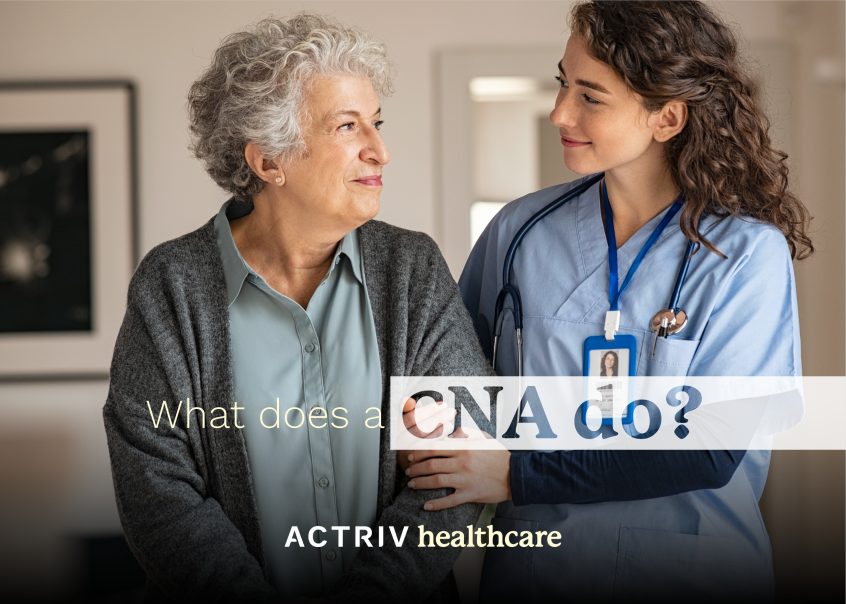Certified nursing assistants (CNAs) are an integral part of the healthcare team, providing primary care to patients in hospitals, nursing homes, and other medical settings. Their duties include helping with bathing, grooming, feeding, and providing emotional support to patients and their families. Keep reading to learn more about what CNAs do and why they are necessary for all healthcare settings.
What is a CNA?
First, let’s discuss what CNAs are and why they are essential. A CNA is certified to provide primary care tasks. According to the National Council of State Boards of Nursing, CNAs provide hands-on care in hospitals, nursing homes, long-term care facilities, rehabilitation centers, home health agencies, doctor’s offices, and more.
Basic Care
CNAs help patients with basic needs, such as bathing, feeding, and dressing. They also help patients with exercises and mobility. CNAs also change bed sheets and clean rooms. They sometimes monitor patients’ vital signs and report any changes.
Mobility Assistance
One of the most critical tasks for CNAs is helping patients with mobility. This can be done through simple exercises, such as walking, stretching, and range of motion. CNAs also help patients move from bed to chair or wheelchair and vice versa.
Monitoring
CNAs offer a second set of eyes to ensure that a patient’s condition is monitored as closely as possible. CNAs monitor patients’ vital signs and report any changes to the RN or physician. They also monitor patients’ nutrition, hydration, oxygen levels, and other factors affecting their overall health.
Emotional Support
CNAs offer emotional support to patients and their families. They provide comfort, understanding, and compassion. CNAs also help build relationships between healthcare providers, patients, and their families.
Similar Jobs to a CNA
CNAs overlap with other medical jobs, such as home health aides, personal care aides, and medication aides.
- HHA: Home health aides provide in-home care to the elderly, disabled, or recovering from an illness. They help with basic needs such as bathing, dressing, and eating.
- PCA: Personal care aides provide help with everyday tasks such as running errands, grocery shopping, cooking, and cleaning.
- Medication Aide: Medication aides are responsible for helping with medication administration and ensuring that patients take their medications correctly.
CNAs are an essential part of the healthcare team. Not only do they provide primary care to patients, but they also offer emotional support and monitor vital signs. Many future LPNs and RNs start as CNAs, gaining experience and insight into the medical field. If you are considering a healthcare career, becoming a CNA is an excellent way to start.
Actriv is for the ones who provide care, those with a deep-rooted drive to better our world-to make a difference. We ensure our CNAs get the best wages and benefits available. Contact us. today to learn more about how we can help you with your career goals.
We look forward to hearing from you!

